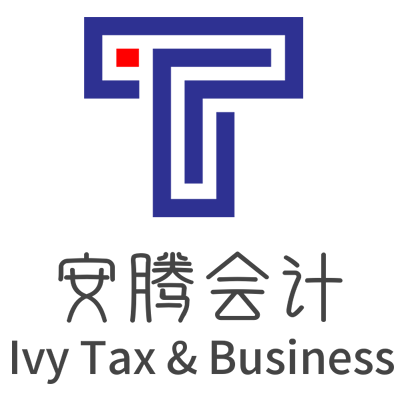Introduction: 
Selecting the appropriate corporate structure is a pivotal decision that significantly influences your business’s operations, taxation, and overall structure. In this blog post, we’ll compare S Corporations and C Corporations, helping you understand the distinctions and make an informed choice for your business.
S Corporation:
- Taxation:
- S Corporations are pass-through entities, meaning profits and losses pass through to shareholders’ individual tax returns. This structure avoids double taxation.
- Ownership:
- Limited to 100 shareholders, S Corporations are often suitable for smaller businesses. Shareholders must be U.S. citizens or residents.
- Stock Classes:
- S Corporations can have only one class of stock, restricting flexibility in structuring ownership and control.
C Corporation:
- Taxation:
- C Corporations face double taxation, with the corporation taxed on profits, and shareholders taxed on dividends received. This structure allows for reinvestment of profits.
- Ownership:
- C Corporations can have an unlimited number of shareholders, making them suitable for larger enterprises. Shareholders can be individuals, entities, or non-U.S. residents.
- Stock Classes:
- C Corporations can have multiple classes of stock, offering greater flexibility in ownership arrangements.
Considerations for Your Business:
- Tax Structure:
- Consider your preferences regarding taxation. S Corporations are generally more tax-efficient for smaller businesses, while C Corporations may be advantageous for larger enterprises.
- Ownership Limits:
- If you plan to have a smaller number of shareholders and prefer simplicity, an S Corporation may be a suitable choice. For larger-scale businesses with varied ownership, a C Corporation provides more flexibility.
- Dividend Distribution:
- Evaluate how you want to distribute profits. S Corporations pass through profits directly to shareholders, while C Corporations allow for retained earnings and dividend distributions.
Consult with Ivy Tax & Business Inc:
Choosing between an S Corporation and a C Corporation requires careful consideration of your business goals, size, and tax preferences. Ivy Tax & Business Inc can provide personalized guidance to help you make an informed decision aligned with your business vision.
Conclusion:
The decision between an S Corporation and a C Corporation involves weighing the trade-offs in taxation, ownership structure, and flexibility. By evaluating your business’s specific needs and consulting with experts, you can choose the corporate structure that best serves your business goals. Contact Ivy Tax & Business Inc for expert advice tailored to your business situation.
This article is intended solely for informational purposes and does not constitute legal, financial, or professional advice. Readers are advised to consult professionals in the relevant fields before taking any action to obtain personalized advice.


